Top 4 Best Paper for Oil-Based Colored Pencils
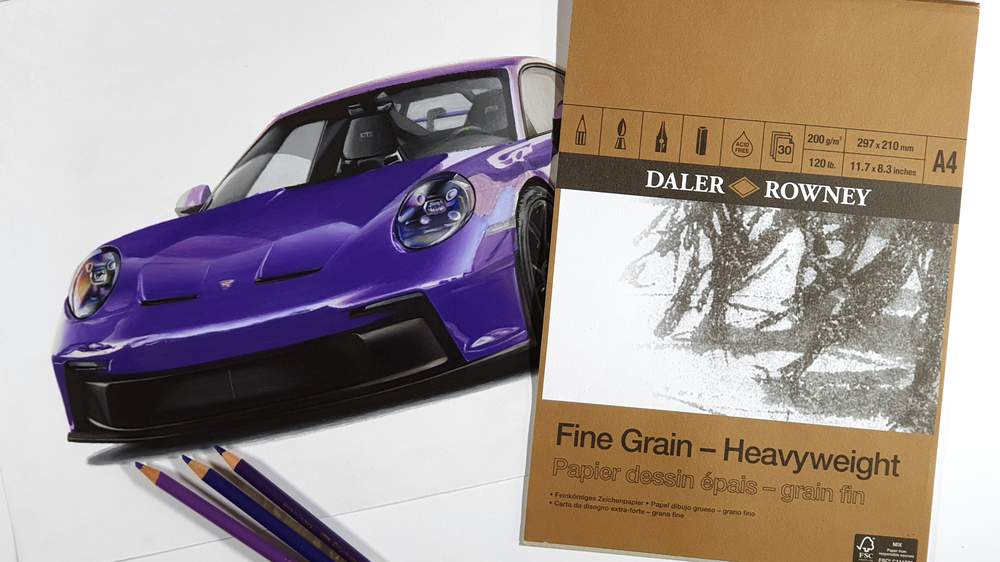
The paper you choose can play a significant role in the final outcome of your masterpiece.
Using the right paper can enhance the vibrancy, blending, and overall appearance of your artwork, making it crucial to select the ideal surface for your drawing needs.
This article explores some of the best paper options for oil-based colored pencils, delving into the unique features and benefits of each to help you the best paper for your needs.
Disclaimer: In the name of full transparency, please be aware that this blog post contains affiliate links and any purchases made through such links will result in a small commission for me (at no extra cost for you).
What is The Best Paper for Oil-Based Colored Pencils?
1. Fabriano Accademia Drawing Paper
The Fabriano Accademia Drawing Paper is an excellent choice for artists who need a fine-grained surface that can handle numerous layers of oil-based colored pencils, such as Faber Castell Polychromos. This paper is particularly well-suited for burnishing and blending colored pencils, offering a smooth and professional finish.
With a weight of 200 gsm / 120 lb., the Fabriano Accademia paper is thick and durable, making it difficult to accidentally bend or fold. Additionally, it is highly resistant to damage from erasing, allowing artists to make corrections without compromising the integrity of the paper.
Available in both A4 (8.3 by 11.7 inches) and A3 (11.7 by 16.5 inches) sizes, this paper comes in packs of 100 sheets for the A4 size and 50 sheets for the A3 size. The paper is acid-free and sourced from forests managed according to strict environmental, social, and economic standards.
Take a look at the following pros and cons to help you decide if Fabriano Academia Artist Paperback paper is the right choice for your oil-based colored pencil artwork:
| Pros | Cons |
|---|---|
| Affordable | Can be challenging to fill in the grain with hard pencils |
| Generous number of sheets | Not ideal for use with solvents |
| Handles many layers | |
| Smooth blending | |
| Resistant to folding | |
| Erasing doesn't damage the paper |
In conclusion, Fabriano Accademia Artist Paperback paper is a cost-effective and high-quality option for artists who need a fine-grained paper that can handle multiple layers and withstand erasing. While filling in the grain with hard pencils can be a bit challenging and it may not work well with solvents, its smooth blending capabilities and durability make it a solid choice for oil-based colored pencil projects.
2. Daler & Rowney Fine Grain Heavyweight Paper
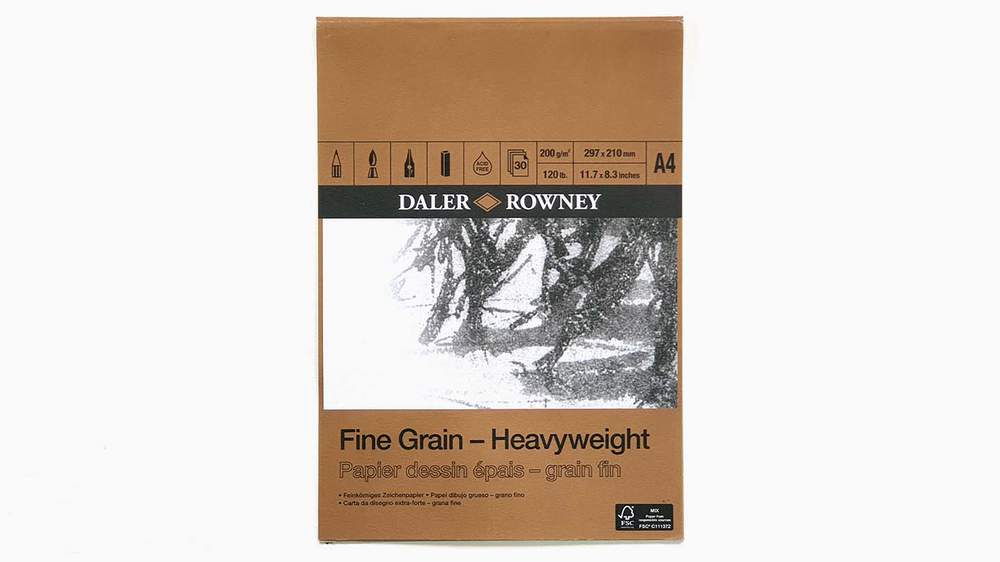
The Daler & Rowney Fine Grain Heavyweight paper is a fantastic choice for those who prefer a smoother surface for their oil-based colored pencil art. The fine grain of the paper ensures that the texture is minimal, making it incredibly easy to fill in white spaces without leaving any pesky white spots behind.
This versatile paper is available in various pad sizes, including A5 (5.8 by 8.3 inches), A4 (8.3 by 11.7 inches), A3 (11.7 by 16.5 inches), and A2 (16.5 by 23.4 inches), each containing 30 sheets to accommodate artists of all skill levels and project sizes.
Not only is the fine grain paper completely acid-free, but it is also available in 100% recycled eco paper, perfect for environmentally conscious artists. With a weight of 200 gsm / 120 lb., this paper is thick and sturdy, resisting folds and creases to maintain a professional and polished appearance.
Here are some pros and cons to consider when choosing Daler & Rowney Fine Grain Heavyweight paper for your oil-based colored pencil artwork:
| Pros | Cons |
|---|---|
| Good for markers | Less suitable for textured techniques |
| Easily fill in the grain | |
| Smooth blending | |
| Doesn't fold easily | |
| Available in 100% recycled eco paper |
Overall, Daler & Rowney Fine Grain Heavyweight paper is a top choice for artists who seek a smooth and durable surface for their oil-based colored pencil projects. Its compatibility with markers and ease of blending makes it a versatile option for various artistic styles and techniques.
3. Strathmore 400 Series Toned Grey Mixed Media Paper
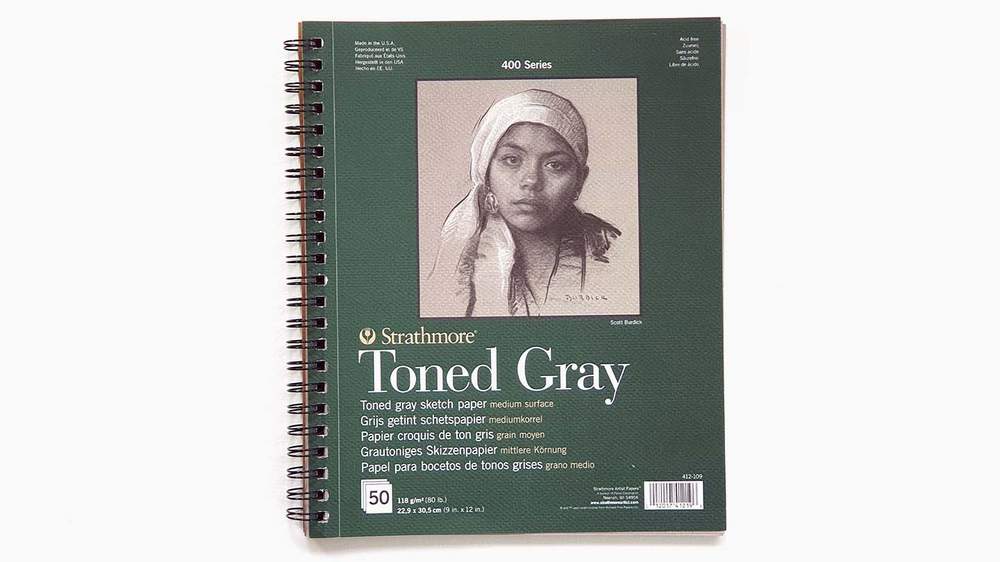
The Strathmore 400 Series Toned Grey Mixed Media paper is a fantastic option for artists who want to elevate their oil-based colored pencil artwork. With its grey-toned surface, determining values when drawing becomes much easier, and the final piece stands out more than it would on regular white paper. This mixed media paper is also available in steel blue and warm tan, providing even more creative options.
Featuring a very fine grain, the Strathmore 400 Series paper allows for easy filling of the grain and creates a beautiful surface for smooth blending. The paper weighs 300 gsm / 184 lb., making it incredibly sturdy and resistant to accidental folds. As a mixed media paper, it performs excellently with watercolor and a wide range of both dry and wet mediums.
Available in 6 by 8 inches, 9 by 12 inches, 11 by 14 inches, and 18 by 24 inches, the Strathmore paper comes in pads of 15 sheets. Made from 100% recycled materials and acid-free, this paper is an environmentally friendly choice for artists.
Consider the following pros and cons when selecting Strathmore 400 Series Toned Grey Mixed Media paper for your oil-based colored pencil projects:
| Pros | Cons |
|---|---|
| White will be visible | Not many sheets (only 15 per pad) |
| Easily fill in the grain | Some colors may appear slightly greyish |
| Smooth blending | |
| Doesn't fold easily | |
| 100% recycled |
In summary, Strathmore 400 Series Toned Grey Mixed Media paper is an excellent choice for artists seeking a versatile and sturdy surface for their oil-based colored pencil work. The grey-toned paper enhances the final piece and allows for easier value determination, while its compatibility with various mediums makes it a valuable addition to any artist's collection.
4. Winsor & Newton Watercolour Paper
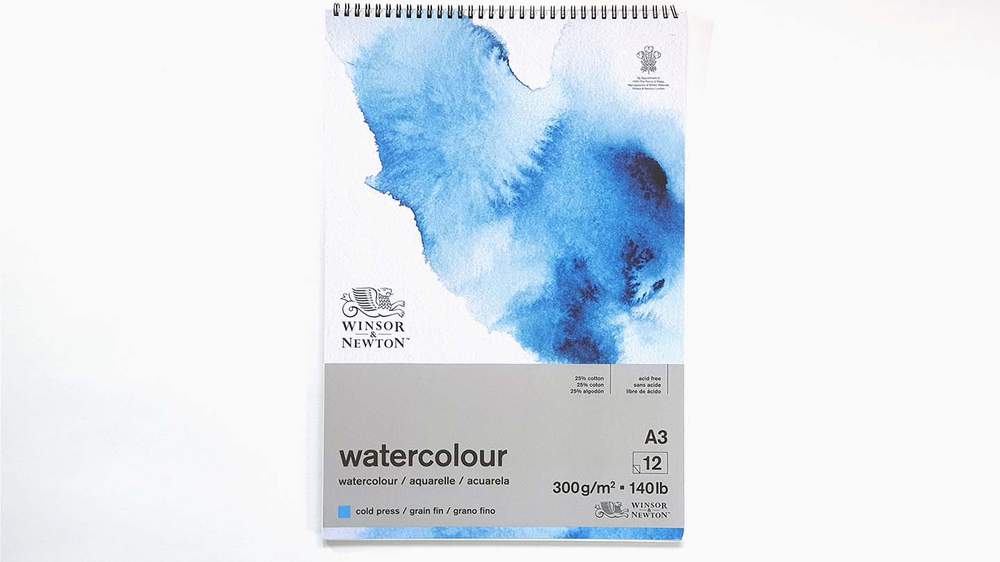
Though primarily designed for watercolor applications, Winsor & Newton Watercolour paper is an excellent option for artists who want to use solvents to blend their colored pencils. The paper absorbs pigment exceptionally well, allowing for multiple layers without the paper warping. With a weight of 300 gsm / 92 lb., this paper is thick and durable, providing a stable base for your artwork.
The Winsor & Newton paper does have a noticeable grain, but since it's most suitable for solvent blending, filling in the grain isn't as essential. This makes it a unique choice for artists who enjoy using solvents in their oil-based colored pencil work.
Offering a wide range of sizes, the Winsor & Newton paper is available in A5, A4, A3, 4 by 6 inches, 7 by 10 inches, 9 by 12 inches, 11 by 14 inches, 12 by 16 inches, and 16 by 20 inches. Each pad contains 12 sheets, except for the 4 by 6-inch size, which comes with 15 sheets.
Consider the following pros and cons when choosing Winsor & Newton Watercolour paper for your oil-based colored pencil projects:
| Pros | Cons |
|---|---|
| Excellent for solvents | Limited number of sheets per pad |
| Suitable for markers | Not ideal for burnishing |
| Resists folding | Paper may indent if pressed too hard |
| Erasing too hard can damage the paper |
In conclusion, Winsor & Newton Watercolour paper is a fantastic option for artists who enjoy using solvents in their oil-based colored pencil work. While it may not be the best choice for burnishing or artists who tend to erase heavily, its compatibility with solvents and markers makes it a versatile and unique choice for a variety of artistic styles.
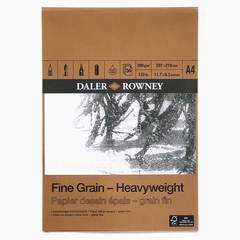

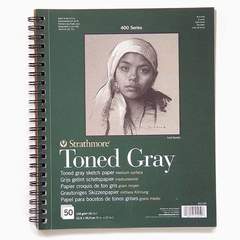
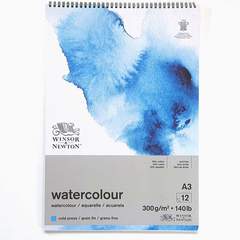
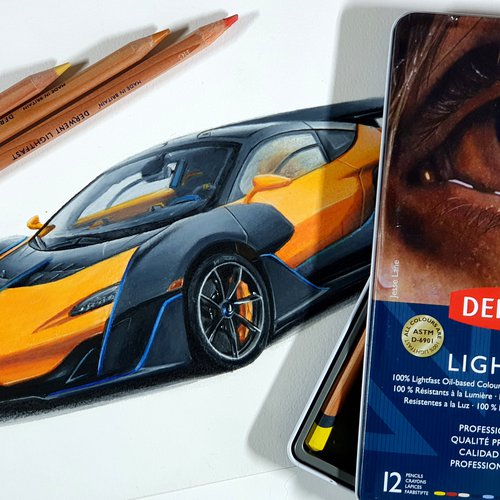
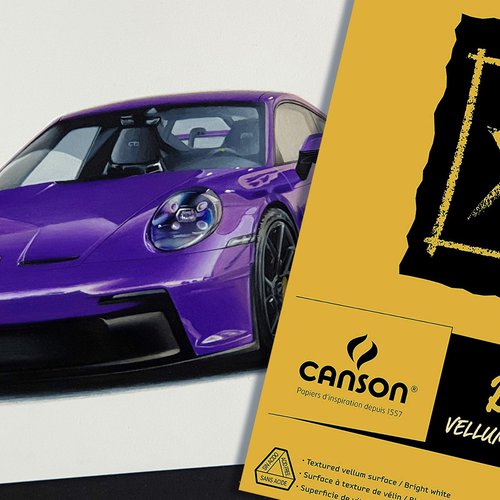
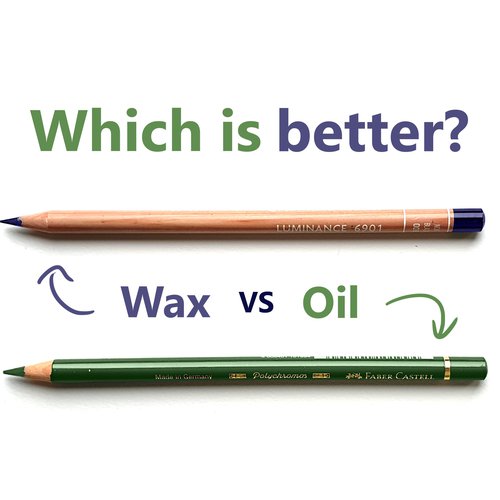
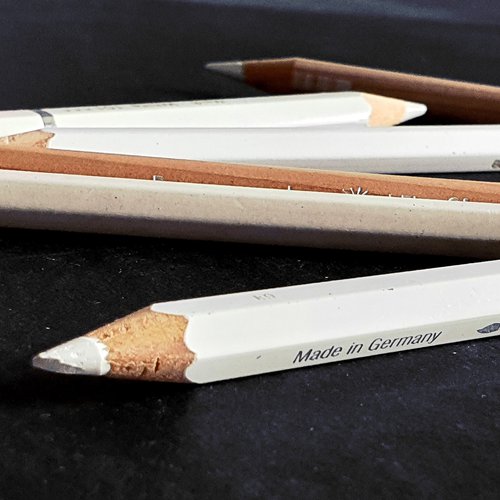
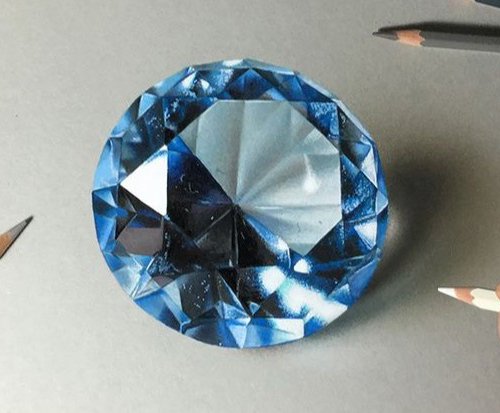
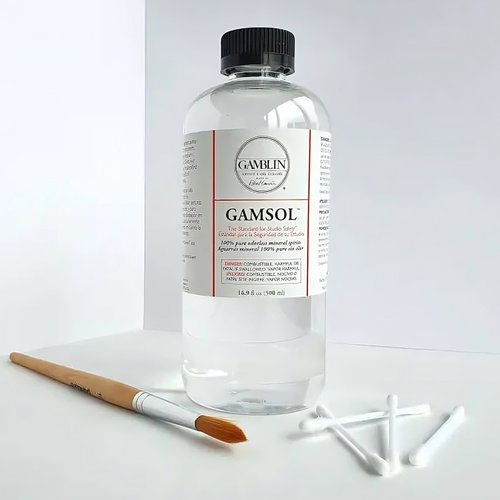
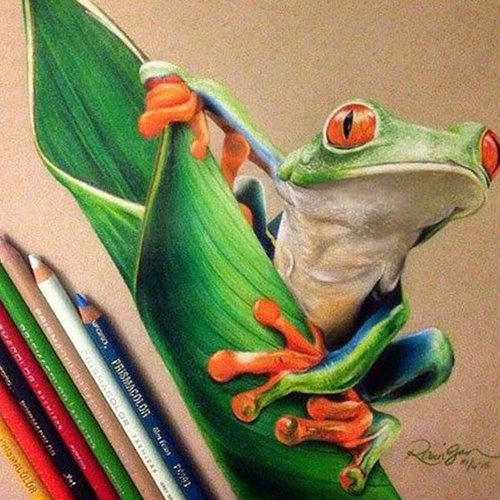
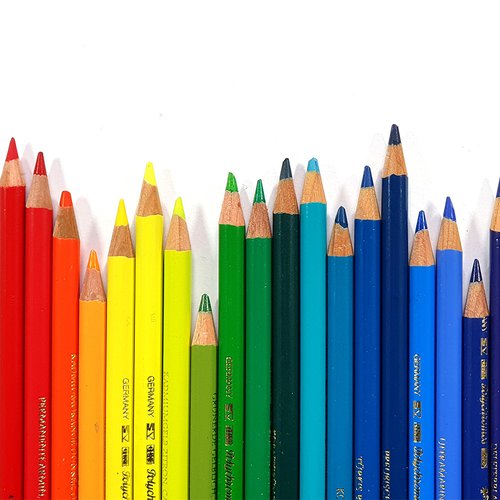
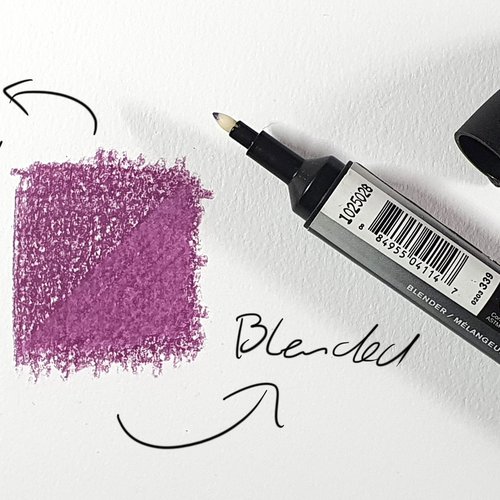
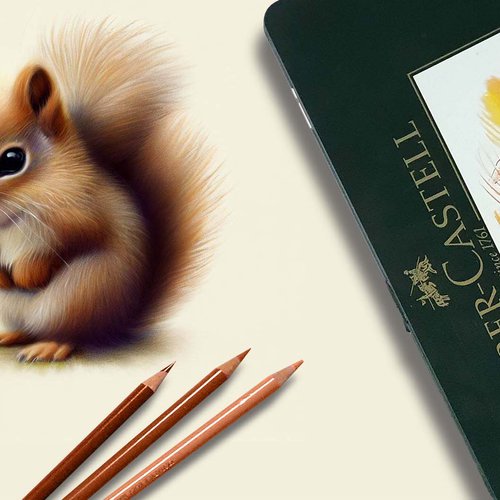
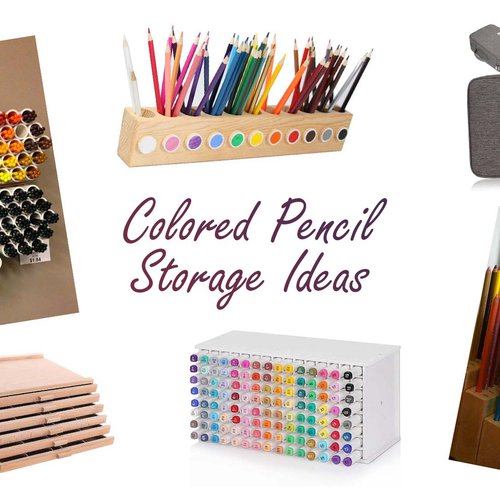
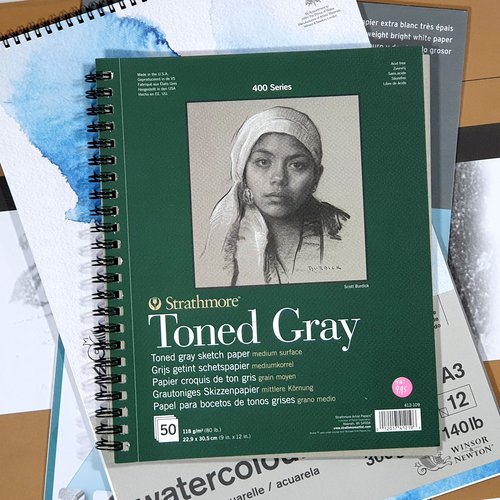




Be the first to comment!
Comments
There are no comments yet.